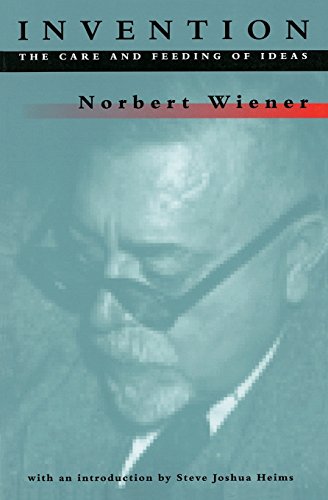The best science books ever (according to the Royal Institution)
Discover the best science books ever, curated by the Royal Institution. Explore their top picks for must-read science literature, from classics to groundbreaking works.

Book
The Periodic Table
by Primo Levi
The Periodic Table is largely a memoir of the years before and after Primo Levi’s transportation from his native Italy to Auschwitz as an anti-Facist partisan and a Jew. It recounts, in clear, precise, unfailingly beautiful prose, the story of the Piedmontese Jewish community from which Levi came, of his years as a student and young chemist at the inception of the Second World War, and of his investigations into the nature of the material world. As such, it provides crucial links and backgrounds, both personal and intellectual, in the tremendous project of remembrance that is Levi’s gift to posterity. But far from being a prologue to his experience of the Holocaust, Levi’s masterpiece represents his most impassioned response to the events that engulfed him. The Periodic Table celebrates the pleasures of love and friendship and the search for meaning, and stands as a monument to those things in us that are capable of resisting and enduring in the face of tyranny.

Book
Arcadia
by Tom Stoppard
This play takes readers back and forth between the 19th and 20th centuries. Set in a large country house in Derbyshire, a cast of characters from each century play out their respective dramas.

Book
The Selfish Gene
by Richard Dawkins
The million copy international bestseller, critically acclaimed and translated into over 25 languages.This 30th anniversary edition includes a new introduction from the author as well as the original prefaces and foreword, and extracts from early reviews. As relevant and influential today as when it was first published, The Selfish Gene has become a classic exposition of evolutionary thought.Professor Dawkins articulates a gene's eye view of evolution - a view giving centre stage to these persistent units of information, and in which organisms can be seen as vehicles for their replication. This imaginative, powerful, and stylistically brilliant work not only brought the insights of Neo-Darwinism to a wide audience, but galvanized the biology community, generating much debate and stimulating whole new areas of research.
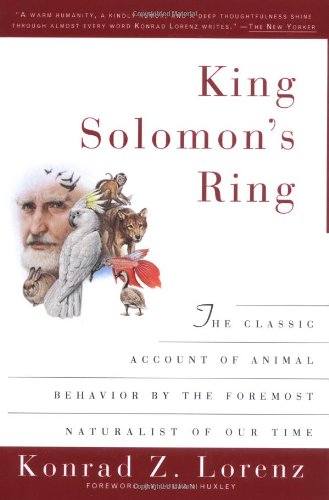

Book
The Double Helix
by James D. Watson
The classic personal account of Watson and Crick’s groundbreaking discovery of the structure of DNA, now with an introduction by Sylvia Nasar, author of A Beautiful Mind. By identifying the structure of DNA, the molecule of life, Francis Crick and James Watson revolutionized biochemistry and won themselves a Nobel Prize. At the time, Watson was only twenty-four, a young scientist hungry to make his mark. His uncompromisingly honest account of the heady days of their thrilling sprint against other world-class researchers to solve one of science’s greatest mysteries gives a dazzlingly clear picture of a world of brilliant scientists with great gifts, very human ambitions, and bitter rivalries. With humility unspoiled by false modesty, Watson relates his and Crick’s desperate efforts to beat Linus Pauling to the Holy Grail of life sciences, the identification of the basic building block of life. Never has a scientist been so truthful in capturing in words the flavor of his work.




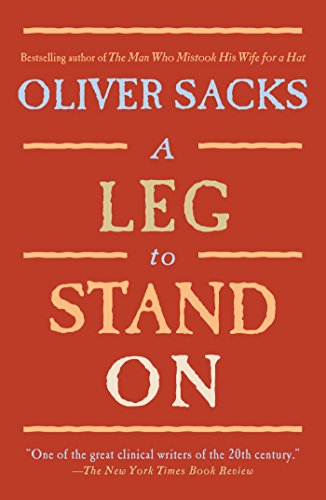

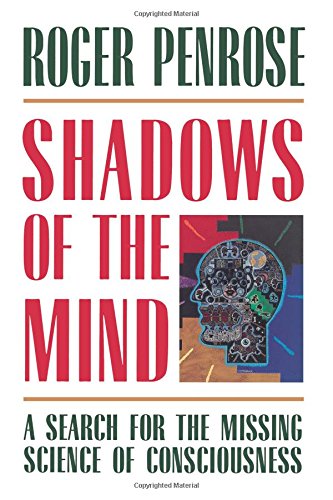
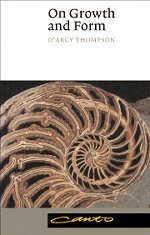
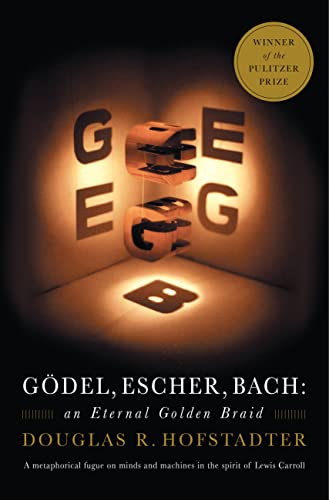
Book
Godel, Escher, Bach
by Douglas R. Hofstadter
Winner of the Pulitzer Prize A metaphorical fugue on minds and machines in the spirit of Lewis Carroll Douglas Hofstadter's book is concerned directly with the nature of "maps" or links between formal systems. However, according to Hofstadter, the formal system that underlies all mental activity transcends the system that supports it. If life can grow out of the formal chemical substrate of the cell, if consciousness can emerge out of a formal system of firing neurons, then so too will computers attain human intelligence. Gödel, Escher, Bach is a wonderful exploration of fascinating ideas at the heart of cognitive science: meaning, reduction, recursion, and much more.

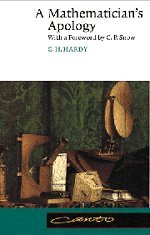

Book
The Man Who Mistook His Wife For A Hat: And Other Clinical Tales
by Oliver Sacks
Explores neurological disorders and their effects upon the minds and lives of those affected with an entertaining voice.

Book
How to Build a Time Machine
by Paul Davies
With his unique knack for making cutting-edge theoretical science effortlessly accessible, world-renowned physicist Paul Davies now tackles an issue that has boggled minds for centuries: Is time travel possible? The answer, insists Davies, is definitely yes—once you iron out a few kinks in the space-time continuum. With tongue placed firmly in cheek, Davies explains the theoretical physics that make visiting the future and revisiting the past possible, then proceeds to lay out a four-stage process for assembling a time machine and making it work. Wildly inventive and theoretically sound, How to Build a Time Machine is creative science at its best—illuminating, entertaining, and thought provoking.


Book
"Surely You're Joking, Mr. Feynman!"
by Richard Phillips Feynman
In this phenomenal bestseller, Nobel Prize-winning physicist Richard P. Feynman recounts his adventures trading ideas on atomic physics with Einstein and Bohr and ideas on gambling with Nick the Greek, painting a naked female toreador, accompanying a ballet on his bongo drums--and much else of an eyebrow-raising and hilarious nature. Photos.
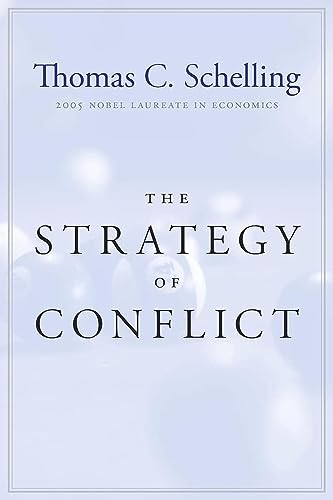

Book
Microbe Hunters
by Paul De Kruif
Presents twelve stories of the men who pioneered the study of bacteriology.
